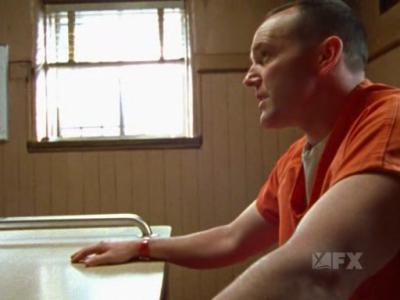Shakel92
Civilian
- Joined
- Jan 6, 2014
- Messages
- 790
- Reaction score
- 0
- Points
- 11
Again, this is just my impression, but I DO look at Phase One as grounded and Phase Two as cosmic and Phase 3 as magic. Maybe I'm wrong, and that's fine, but I think we won't see magic until phase 3, based on interviews I've read:
Link: http://geektyrant.com/news/2013/3/6...ers-2-roster-and-introducing-magic-in-ph.html
Feige was asked whether "magic" would be a good description of Phase 3 to which he replied,
I’m not looking at Phase One as grounded and Phase Two as cosmic and Phase 3 as magic. The films are all so eclectic and different from each other that you can’t overarchingly categorize them like that. If and when we enter the magic arena, it will be through Doctor Strange. Sure, obviously. And that’s to me what’s exciting about Doctor Strange.
Link: http://geektyrant.com/news/2013/3/6...ers-2-roster-and-introducing-magic-in-ph.html
Feige was asked whether "magic" would be a good description of Phase 3 to which he replied,
I’m not looking at Phase One as grounded and Phase Two as cosmic and Phase 3 as magic. The films are all so eclectic and different from each other that you can’t overarchingly categorize them like that. If and when we enter the magic arena, it will be through Doctor Strange. Sure, obviously. And that’s to me what’s exciting about Doctor Strange.






